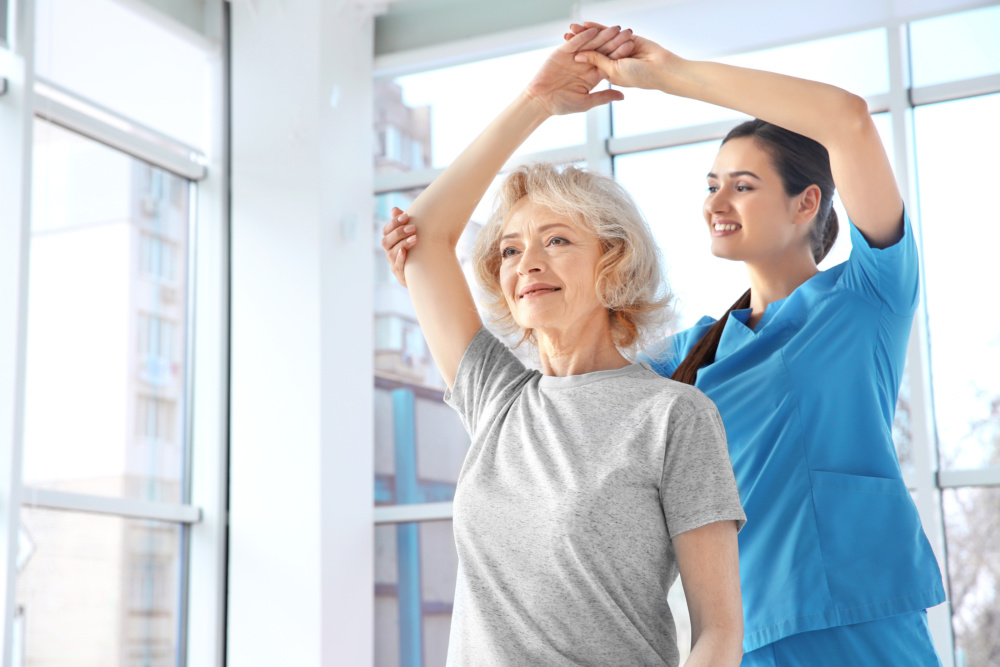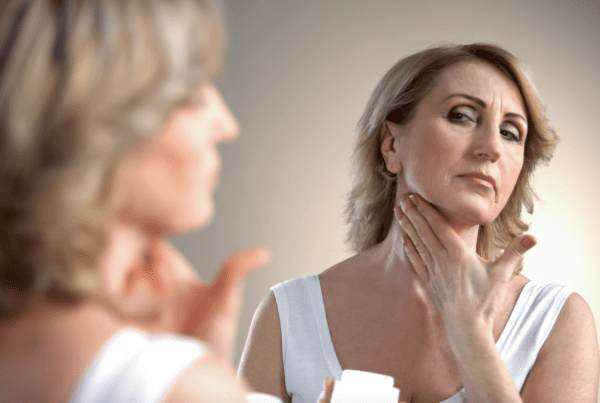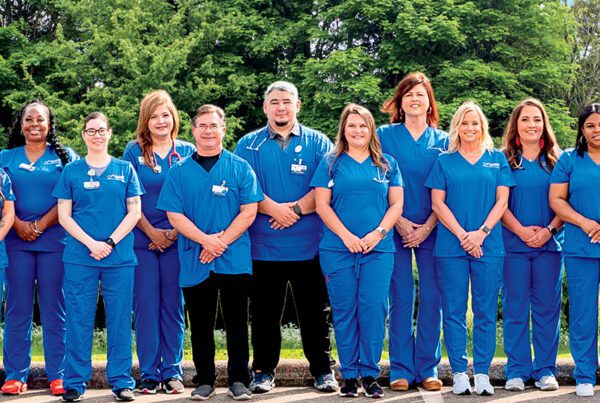Senior Physical Fitness: Using It, Not Losing It
By: Sue Carrington
“Use it or lose it,” the saying goes. These words of wisdom are true in many areas of life, but particularly for our bodies as we age. Staying fit helps to lower blood pressure, decrease the risk of falls and injuries, and slow the body’s loss of muscle tone and bone mass.
The Centers for Disease Control and Prevention recommends two types of exercise each week to improve health: aerobics and muscle strengthening. Surveys show, however, that less than one-third of Americans over the age of 65 are following this guideline.
Facing the challenges of senior fitness
“As we age, it’s important to stay focused on overall wellness,” says Stephen Chee, director of employee wellness at Lifetime Wellness. “Physical activity, regular exercise, and good nutrition are keys to staying healthy. It’s a lot like routine repairs and maintenance on an automobile. Our bodies are our vehicles for life. We need to keep them well conditioned, so they stay in top working order.”
Lifetime Wellness – in business since 2005 – is a pioneer in delivering wellness and recreation services to skilled nursing, assisted living, rehabilitation, and memory care facilities throughout Texas and Oklahoma. The company is a partner organization with StoneGate Senior Living, a leading provider of senior living services. With wellness programs in most of its 44 facilities, StoneGate offers a full selection of body-enhancing activities, from fitness and health education programs to nature walks and strength-building classes. Physical activities are complemented by spiritual, emotional, social, vocational, and intellectual wellness programs.
“Myths about fitness abound,” says Chee. “Our staff strives to separate the myths from the facts – and help residents understand the role of exercise not only in maintaining stronger bodies but also in elevating mood, improving memory, and protecting the brain from age-related mental decline.”
Forming bonds through group activity
Group exercise can be a powerful antidote to loneliness, a feeling experienced regularly by more than 40 percent of seniors, studies find. “From my experience, fitness has a strong psychological component,” Chee says. “As humans, we’re designed for companionship, but as we age, many of us lose our sense of social connectedness. At S, we provide many opportunities for group exercise, which not only boost fitness but also build community.”
StoneGate’s wellness programs promote participation in physical activity groups to help improve and maintain cardiovascular endurance, as well as balance, flexibility, and muscular strength. Programs include:
- Body Works and Fitness for Life: exercises for residents of all physical abilities
- Sport Fitness: activities that span the sports spectrum, from kickball and volleyball to baseball and basketball
- Music & Movement: relaxing, low-impact exercises accompanied by music
- Sensory Shape-Up: activities that strengthen the body while engaging the senses through aromas and essential oils
Many StoneGate facilities also offer a weekly rehab fitness group for patients in transitional care who are recovering from an injury or surgery.
Fighting inflammation
Researchers have found low fitness is associated with a larger waist size and a higher degree of inflammation. “Inflammation is the body’s natural way of protecting itself when we’re injured or sick, but as we age, our cells change and can cause the immune system to continuously activate the inflammatory process,” Chee explains. “This chronic inflammation can be harmful to our bodies, and it is often linked to diseases prevalent in seniors – such as heart disease and diabetes. Increased fitness can lower inflammation and improve metabolic health overall.”
Finding the mental benefits in physical activity
Studies suggest that aerobic exercise – any activity that raises the heart rate and facilitates movement for a sustained time – has significant benefits for the brain. “Aerobic activities release endorphins,” Chee says. “These are the body’s natural painkillers that create a natural euphoric feeling and help ward off depression.”
A popular activity among seniors is “chair yoga” – yoga exercises that can be done without getting on the floor. “Yoga stimulates the flow of internal energy throughout the body, providing healing and preventing further damage from inflammation,” Chee says. “It combines physical exercise with focused breathing, helping manage stress, improving flexibility, and enhancing mental health.”
Focusing on relationships
Although education is the foundation of StoneGate wellness programs – teaching residents the facts of staying fit and providing the tools to develop healthy behaviors – the deeper principle is nurturing relationships.
“Our staff’s first focus is on making sure those we serve know how much we care,” Chee says. “We hope this knowledge, coupled with our unified engagement as a team, builds trust, sows compassion, and changes lives.”
About the Author:
Sue Carrington is a seasoned and purpose-driven journalist, with a focus on healthcare innovation. She has pursued her love of words through a diverse array of callings – from book editor to radio news director, public relations manager to corporate writer and freelance writing entrepreneur. Sue is a native of the Washington, DC, area.







Recent Comments